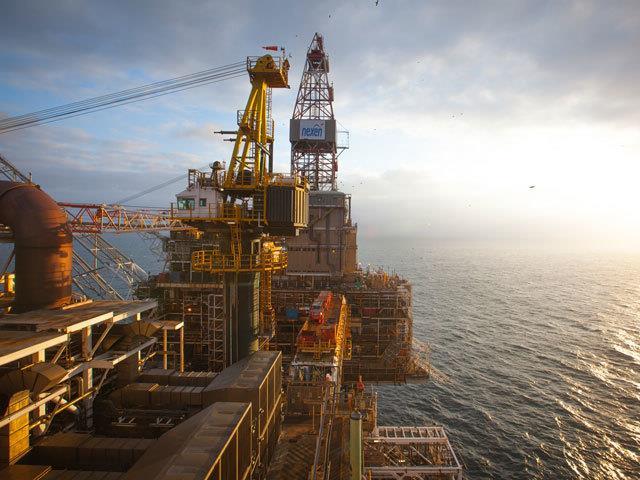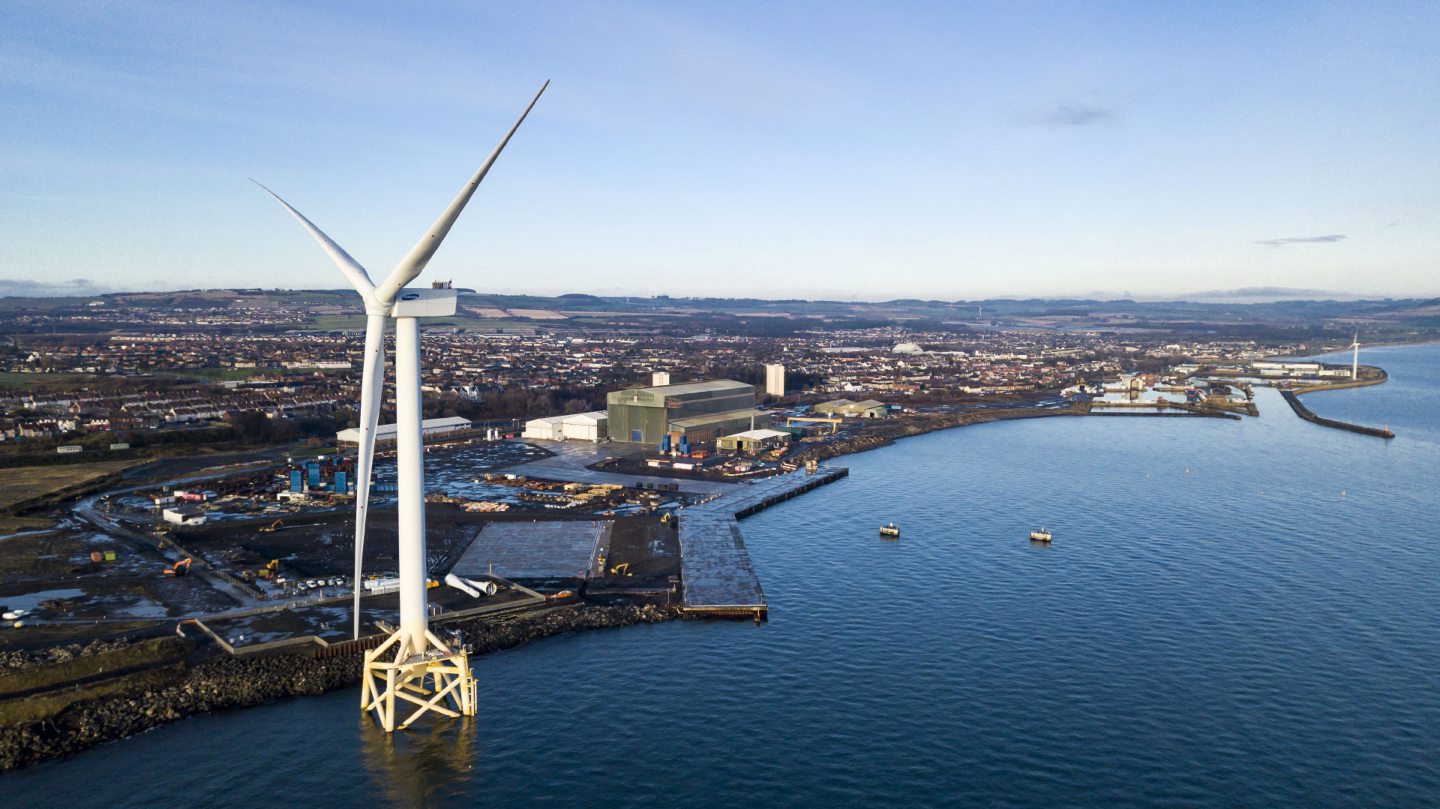
A windfall tax, reportedly due to be announced today, risks “destabilising” a planned £200bn of investment in the UK energy system this decade, the industry trade body has warned.
Offshore Energies UK (OEUK) issued the last-ditch deterrent in a statement last night ahead of measures widely expected to be announced by Chancellor Rishi Sunak later.
The trade body said earlier this month that the offshore sector will invest £200bn – £250bn from 2022-2030, with the majority of that being oil and gas transitioning to renewables.
Offshore wind is expected to take the biggest share at £70bn.
But the new levy will “push up the cost of borrowing for new projects” said OEUK chief executive Deirdre Michie, “making it more difficult to raise the money needed to maintain existing energy supplies and build the low carbon energy systems of the future”.
The trade body said it is “proud to pay our taxes” but the problem is when new levies are introduced “suddenly and without consultation”.
Oil and gas is already one of the most heavily taxed industries in the country, paying 40% on their offshore profits.
However the government is seeking urgent solutions to deal with the escalating cost of living crisis.
Ofgem announced this week that typical energy bills are set to rise to £2,800 a year – an increase of £800 from October – causing millions of people to be plunged into fuel poverty.
The windfall tax package, which will apply to oil and gas and electricity generators, is expected to raise £10 billion. The Times reports that “70 to 80%” of the cash raised will be used to support poor families.
Ms Michie said: “This is an industry that thinks and plans long-term, so sudden new costs, like this proposed tax, will disrupt planning and investment and, above all undermine investor confidence.
“The Office for Budget Responsibility predicts that our operators will pay over £7.8bn to the Exchequer this financial year. That is 20 times higher than the sector’s tax payments two years ago and equates to £279 per UK household.”
Yesterday, addressing an industry event hosted by the Aberdeen and Grampian Chamber of Commerce, KPMG senior partner Martin Findlay said the move is fundamentally wrong but the sector will ultimately have to “suck it up”.
He added that the move ““doesn’t exactly scream out that we’re a country of fiscal certainty.”
Recommended for you


 © RODDY SCOTT
© RODDY SCOTT